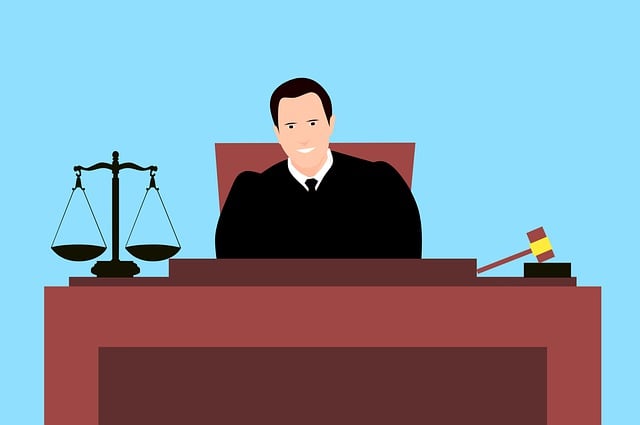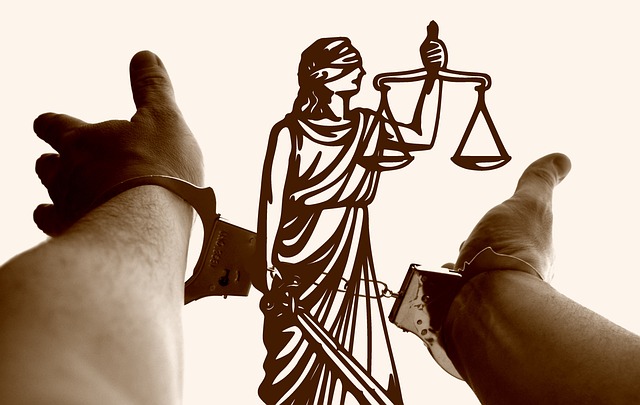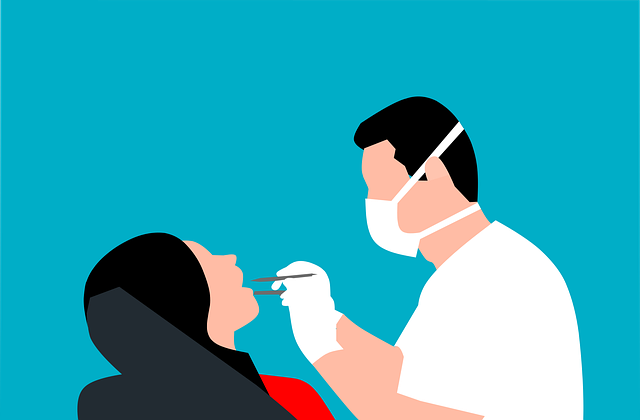Individuals harmed by healthcare professionals' negligence can seek compensation for medical negligence injuries. To qualify, they must prove a breach of duty of care and direct causation. This includes issues like defective products, medication errors, misdiagnosis, or improper treatment. Consulting specialized attorneys is crucial for navigating the complex legal process, gathering evidence, understanding rights, and ensuring just compensation.
“Medical negligence injuries can have profound, life-altering effects. Understanding compensation eligibility is crucial for those harmed by healthcare professional mistakes. This article guides you through the complex landscape of medical negligence claims, focusing on who qualifies for compensation. We’ll explore the criteria and requirements for filing a claim, ensuring victims know their rights. Learn about navigating legal pathways, uncovering resources, and securing justice for medical negligence injuries.”
- Understanding Eligibility for Medical Negligence Compensation
- Who Can File a Claim: Criteria and Requirements
- Navigating Legal Pathways for Injury Victims: Rights and Resources
Understanding Eligibility for Medical Negligence Compensation

Understanding Eligibility for Medical Negligence Compensation
In the context of medical negligence injuries, it’s crucial to define who qualifies for compensation. Individuals who have suffered harm due to a healthcare professional’s neglect or substandard care can seek legal redress and financial relief. This includes cases where doctors, nurses, hospitals, or other medical facilities breach their duty of care, leading to injury or adverse outcomes for patients. The eligibility criteria often center around proving that the healthcare provider failed to adhere to accepted standards of practice and that this failure directly caused the patient’s harm.
Various factors influence compensation eligibility. For instance, a truck accident involving a healthcare worker could trigger compensation if it’s determined that negligence in driving led to injuries. Similarly, product liability cases may arise when defective medical devices cause harm. However, for any claim to be successful, there must be clear evidence of malpractice and a direct link between the alleged negligence and the resulting medical negligence injuries. This process involves careful documentation, expert testimony, and legal assessment to ensure fair compensation for those affected by such incidents.
Who Can File a Claim: Criteria and Requirements

When it comes to seeking compensation for medical negligence injuries, understanding who can file a claim is paramount. In most jurisdictions, individuals who have suffered harm due to a healthcare professional’s neglect or substandard care have the right to take legal action. The criteria for filing such a claim typically include proving that there was a duty of care owed by the healthcare provider, a breach of that duty, and resulting damages or injuries.
To qualify as a victim of medical negligence, one must be able to demonstrate that their injury was caused by a defective product, medication error, misdiagnosis, improper treatment, or any other act of omission or commission that deviates from accepted medical standards. An Orlando accident lawyer can help navigate this complex process and guide individuals through the steps required to secure just compensation for their injuries, often resulting in substantial accident settlements.
Navigating Legal Pathways for Injury Victims: Rights and Resources

Navigating the legal pathways for victims of medical negligence can be a complex and challenging process. It’s crucial to understand that everyone’s rights and resources vary based on jurisdiction and specific circumstances, including severe injuries from slip and fall incidents or real estate disputes. The first step is to gather evidence meticulously; this includes medical records, witness statements, and any relevant documentation that supports the claim of medical negligence.
Victims must then consider their legal options carefully. Consulting with experienced attorneys specializing in medical negligence cases can provide invaluable guidance. These professionals can help victims understand their rights, assess potential compensation, and guide them through the complex legal system. The goal is to ensure a just outcome and facilitate client recovery after such traumatic events.
Medical negligence injuries can have profound impacts on individuals’ lives, but understanding eligibility for compensation is crucial. By familiarizing themselves with the criteria and navigating the legal pathways outlined in this article, victims of medical malpractice can exercise their rights and access resources to secure justice and support during their recovery. Remember that each case is unique, so consulting a qualified professional is essential to determine the best course of action.






